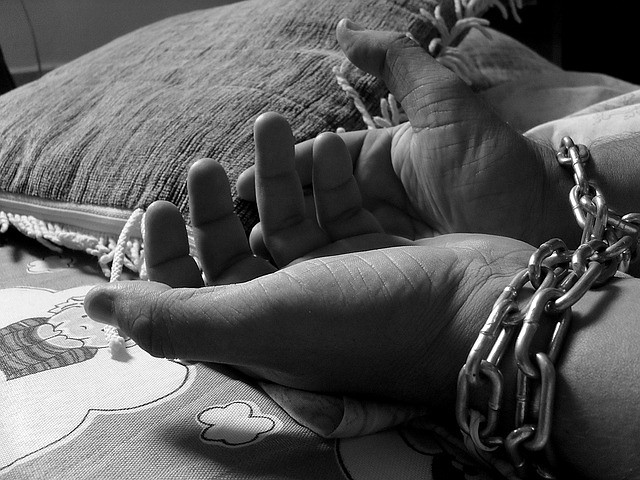GRETA: Report on the Evolution of the Fight Against Human Trafficking in 2024 Published

The Group of Experts on Action against Trafficking in Human Beings (GRETA) has presented a new report analyzing the progress in the fight against human trafficking in 2024, also taking stock of the work done over the last 15 years in Europe and worldwide.
The report reveals encouraging data: in 2024, 13 States Parties to the Convention on Action against Trafficking in Human Beings were monitored by the Group through evaluation visits, 12 country evaluation reports were published, and 10 round tables were held in 10 different countries. In the same year, GRETA adopted a Guidance Note on the recovery and reflection period, marking an important advancement in the practices of protection and assistance to trafficking victims. According to Article 13 of the Convention, this period should be guaranteed by the national laws of each State Party to allow victims to recover and break free from the control of traffickers, cooperating with authorities and being assured the possibility to remain in the national territory for the entire duration of the period.
The report then provides an overview of the monitoring outcomes on the implementation of the Convention over the last 15 years, highlighting the achieved objectives and the challenges that still remain to be addressed. Among the latter, the lack of national action plans to combat human trafficking, nationally implemented strategies for assisting affected individuals, and targeted protected structures are mentioned. Insufficient resources, inadequate definition of the most urgent issues, and frequent lack of political interest represent the main causes of the failure to implement the guidelines defined by GRETA. Furthermore, the destabilizing effects of numerous armed conflicts, displacements, and economic crises that are occurring are emphasized, contributing to an increase in risk factors related to human trafficking. In the specific context of migration, the risk of being exposed to forms of exploitation is increasing due to the progressive closure of borders, the lack of legal routes to reach destination countries, and persistent barriers hindering labor market integration. Regarding child trafficking, the report underlines the existence of gaps in their identification and protection, as they are often accused of being traffickers and consequently punished, and thus the urgent need to improve child protection strategies and include anti-trafficking actions in humanitarian responses. Finally, the report highlights the growing difficulties in identifying and prosecuting trafficking cases arising from the increasingly digital nature of trafficking itself, which needs to be countered through investments in trained human capital and cutting-edge technologies.

